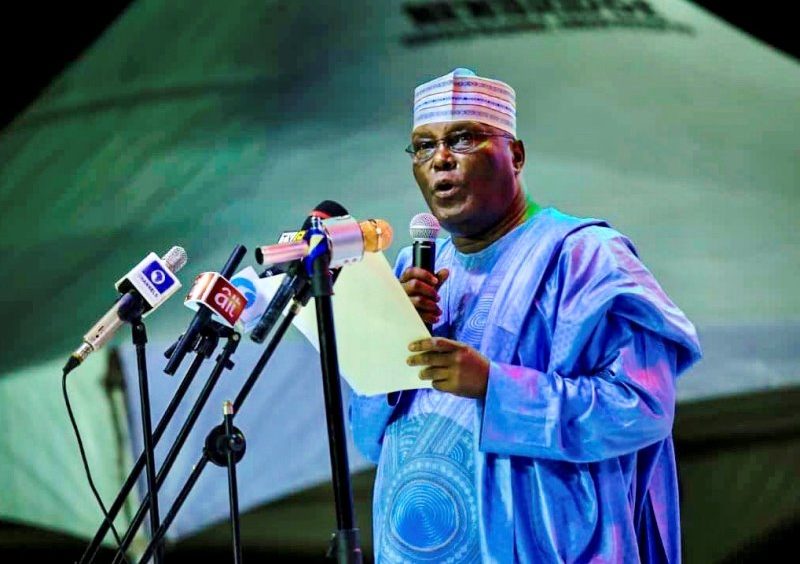The Economist Intelligence Unit (EIU), the research unit of The Economist Magazine, says Atiku Abubakar, candidate of the Peoples Democratic Party (PD
The Economist Intelligence Unit (EIU), the research unit of The Economist Magazine, says Atiku Abubakar, candidate of the Peoples Democratic Party (PDP) will defeat President Muhammadu Buhari in 2019. The London-based magazine made the prediction in its latest country report on Nigeria. This is coming less than two months after it had predicted that Buhari would lose the election.
“Mr. Buhari is the APC’s presidential candidate and his main challenger is Mr. Abubakar, who was recently nominated PDP’s candidate with overwhelming backing from the party,” the report read.
“Abubakar’s pledge is to reinvigorate the economy with pro-market reforms. Both candidates are from the northern Nigeria, where Buhari’s support base lies, presaging a fierce contest there. With the vote likely to be split in the North, Abubakar will find it easier to garner support from the country’s south, which has traditionally been a safe haven for the PDP. This gives Abubakar an edge, as does popular frustration over the rise in joblessness and poverty (two of the biggest voter concerns) on Mr. Buhari’s watch, as well as growing insecurity in central Nigeria.”
The magazine said strong incumbency advantages in the country will make the contest a tight race.
“If Abubakar loses – a distinct downside risk to our forecast – there may be a rejection of the result by the PDP, which is convinced that election will be rigged. In this scenario, a state of national paralysis could arise with severe national security implication.”
Continuing, it said, “The election period itself will be a time of high risk; as a recent election in Osun demonstrated, small scale violence at the polls is highly likely, as is disputation of the results. Parliamentary rift will remain the main problem and this applies no matter who is in charge, given competing priorities between representatives from different regions and the absence of common ideology within parties.
“In 2019, what are expected to be fiercely contested elections in February will hold back business and consumer confidence that year, and although markets are likely to approve of Mr. Abubakar’s economic reform agenda – meaning the disruption is likely to be short-lived- we forecast a growth rate of 1.9 per cent – the lowest rate of growth in our five-year outlook period.”
